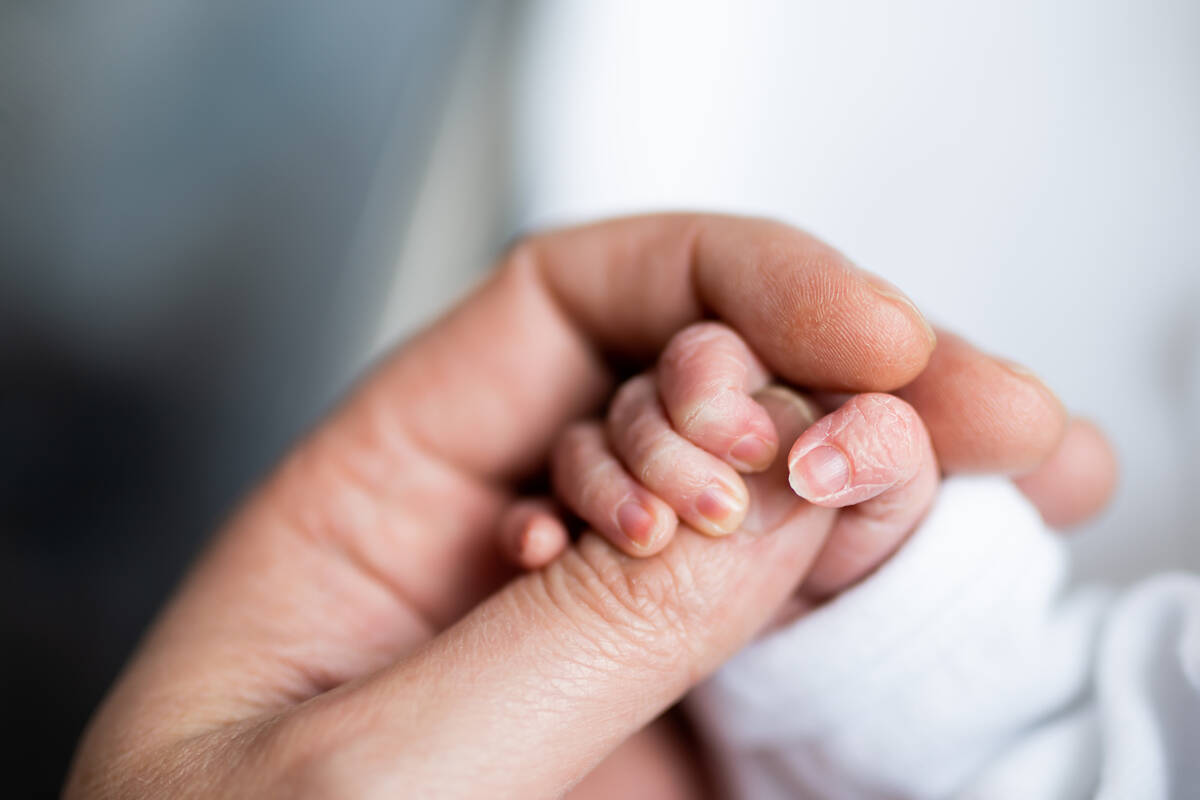RUBEN NAVARRETTE JR.: Will our children have better lives than us?
Many Americans fail at parenting not because we demand too much from our children but because we expect too little.
In the United States, the modern parent is too permissive and overly lenient. We make excuses for our kids’ shortcomings, brush aside their mistakes and bail them out when they get into trouble. If they get rejected by an elite college, we blame affirmative action. If they get hooked on opioids, we curse Mexico. We rarely hold our offspring accountable for what they say or how they act.
And now, parents appear eager to relieve their children of any responsibility for how their lives turn out. According to a new Wall Street Journal-NORC poll, most Americans are not confident their children’s lives will be better than their own. Even more troubling, they don’t seem to think there’s anything their kids can do to stop the slide.
The survey’s other findings were just as grim. Stress levels are up while overall levels of happiness are plummeting. Many Americans are distressed about the U.S. economy, and that seems to be making them pessimistic about their children’s future.
In the poll, about 80 percent of respondents described the economy as “not so good” or “poor.” Nearly half said they expect the economic picture to get bleaker in the next year.
But for me the most troubling finding wasn’t about the economy. It was about resignation. Too many parents seem to have given in to the idea that their children will not be as successful as they are.
It’s an American tradition that every generation is expected to do better than the one that came before it. That’s what most parents assume will be the natural order of things.
It certainly was true in my case. Like other Mexican Americans who came of age in the 1950s, my parents worked in the fields of my native Central California. They went on to provide their children with a middle-class upbringing and gave us two things that served us well: a strong work ethic and an unflinching belief in the transformative power of education.
I’m a believer. With two Harvard degrees, I have soft hands — a byproduct of pecking at keyboards all day. And I’m paid more for one speaking engagement than my grandparents earned picking peaches for an entire year.
For more than three decades, NORC has asked Americans whether they believe that life for their children’s generation will be better than it has been for their own. This year, a record-high share of respondents — 78 percent — said they don’t feel confident that their children’s lives will be better.
Not surprisingly, the results vary according to race and ethnicity. White respondents are more likely than Black or Latino respondents to believe their children won’t have better lives.
The poll didn’t separate immigrants and natives. But everything we know from other surveys suggests that natives are more likely to see their lives and those of their children in a pessimistic light. Immigrants usually have a more optimistic outlook, even though they have to overcome more obstacles.
Frankly, I don’t put much stock in these doomsday surveys. I remember polls from 30 years ago, when I was in my mid-20s, with similar conclusions. Every generation seems increasingly pessimistic about the next one.
What bothers me is that these kinds of polls leave people with the impression that something has gone wrong in America. Or they suggest that the government, or a specific political party, is at fault.
That’s nonsense. Where does the individual come in? No one asks: What mistakes are our children making? And how are those choices short-circuiting their lives, keeping them from realizing their full potential?
Our children need to stop acting as if they are prisoners of forces beyond their control. And parents need to stop encouraging that kind of thinking.
Here is some of the advice I’m giving my three teenagers:
— Take education seriously, and get all you can.
— Be willing to move to where the opportunities are.
— Marry well, because the wrong spouse will bring you down as surely as the right one will lift you up.
— Follow your passion, but choose a profession in demand.
— Never stop learning and challenging yourself.
— Be careful with money. Make sure you control it and it doesn’t control you.
Our children will travel their own path, and the decisions they make along the way will determine where the road leads. How many Americans still think this way? Let’s see a survey about that.
Ruben Navarrette’s email address is crimscribe@icloud.com. His podcast, “Ruben in the Center,” is available through every podcast app.






















